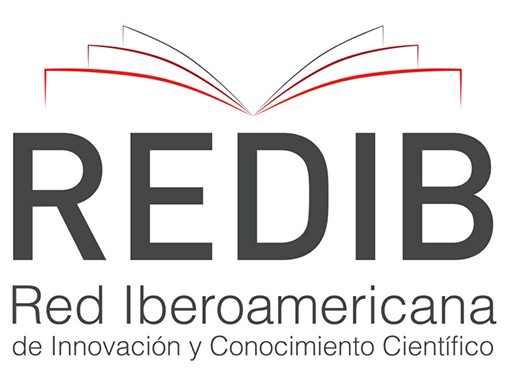SEROEPIDEMIOLOGY OF TOXOPLASMOSIS IN BLOOD DONORS FROM HEMOCENTRO, HOSPITAL DAS CLÍNICAS OF FACULDADE DE MEDICINA, BOTUCATU, SÃO PAULO
Keywords:
Toxoplasma gondii, zoonosis, blood donor, Indirect Fluorescent Antibody TestAbstract
Toxoplasmosis is a worldwide geographic zoonosis, caused by an obligate intracellular parasite, Toxoplasma gondii. Most of these infections in human being are asymptomatic, but may cause severe or fatal consequences in patients with immunosuppressive diseases, organ, blood, or hemoderived recipients and in the fetus. Transmission may occur by eating uncooked meat or goat milk, contaminated vegetables or fruits, blood transfusion, organ transplantation or by transplacental route. Indirect fluorescent antibody (IFA) test is the most used diagnostic technique by the research from anti-Toxoplasma gondii IgG and IgM antibodies. In Brazil, the seroprevalence is variable, but this is about 50% to 80%. Other information that contribute for the toxoplasmosis diagnosis are epidemiological data obtained from questionnaires replied for patients. The aim of the present study was verify the seroprevalence for toxoplasmosis in blood donors from Hemocentro, Hospital das Clínicas da Faculdade de Medicina de Botucatu. In 450 serum samples the values obtained of anti-Toxoplasma IgM antibodies, by IFA, was 48.0% and IgG, 35.1%. In conclusion, the infection occurrence in blood donors is high, however, agree with the values found in Brazil. The acquirement of epidemiological data and serological analysis in predonation are necessary for the infection transmission prevention through blood and hemoderived transfusion.
Downloads
Published
How to Cite
Issue
Section
License

Este obra está licenciado com uma Licença Creative Commons Atribuição-NãoComercial 4.0 Internacional.











